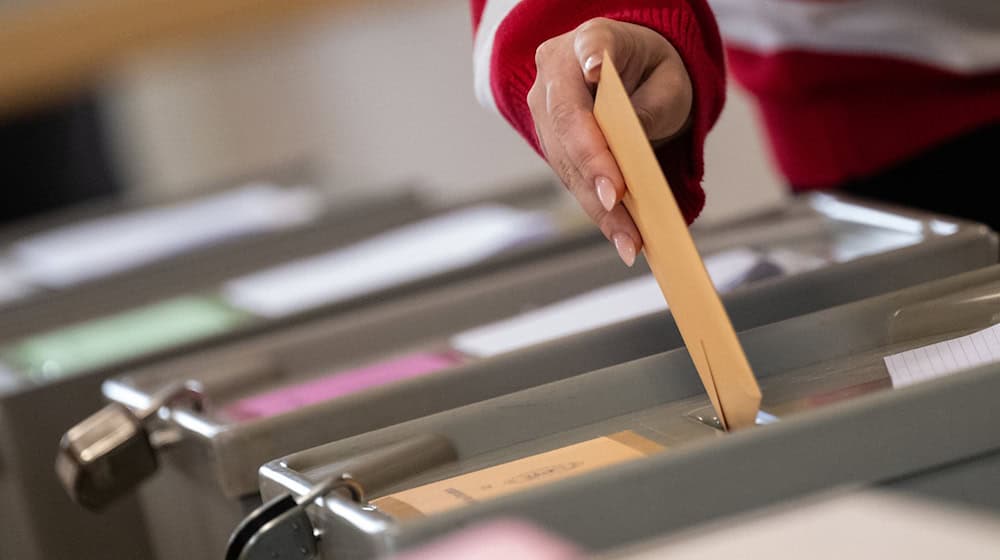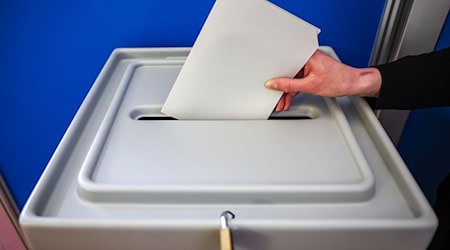According to election polls, the Sahra Wagenknecht (BSW) alliance is heading for double-digit results in the state elections in Saxony and Thuringia on September 1. According to Forsa polls in both states commissioned by "Stern" and RTL, the new party could reach 13 percent in Saxony and 18 percent in Thuringia from a standing start.
In Saxony, the CDU would become the strongest force with 33 percent, followed by the AfD with 30 percent and the BSW. The SPD and Greens would make it into the state parliament with 6% each, while the Left Party would no longer be represented with 3%. The other parties would reach 9%, including the FDP with less than 3%.
This means that the black-green-red coalition in Saxony could just about continue - but only if the margin of error of plus/minus three percentage points is disregarded.
In Thuringia, the AfD would currently be the strongest party with 30 percent. It is followed by the CDU with 21% and the BSW. The Left Party, which currently has Bodo Ramelow as Minister President, only has 13% in the survey. The SPD would make it into the state parliament with 7 percent, while the Greens would miss this target with 4 percent. The other parties come in at 7 percent, including the FDP with less than 3 percent.
Prime ministers more popular than their parties
In both states, the incumbent prime ministers are significantly more popular than their parties. In a direct election in Saxony, Michael Kretschmer (CDU) would achieve 50 percent. Only 14% would vote for Jörg Urban of the AfD and just 2% for Sabine Zimmermann of the BSW.
In Thuringia, Bodo Ramelow (Left Party) would receive 42%. Björn Höcke (AfD) would receive 16 percent, Mario Voigt (CDU) 10 percent and Katja Wolf (BSW) 6 percent.
Election polls are generally always fraught with uncertainty. Among other things, declining party loyalty and increasingly short-term election decisions make it difficult for opinion research institutes to weight the data collected. In principle, polls only reflect opinions at the time of the survey and are not a forecast of the election outcome.
Copyright 2024, dpa (www.dpa.de). All rights reserved










